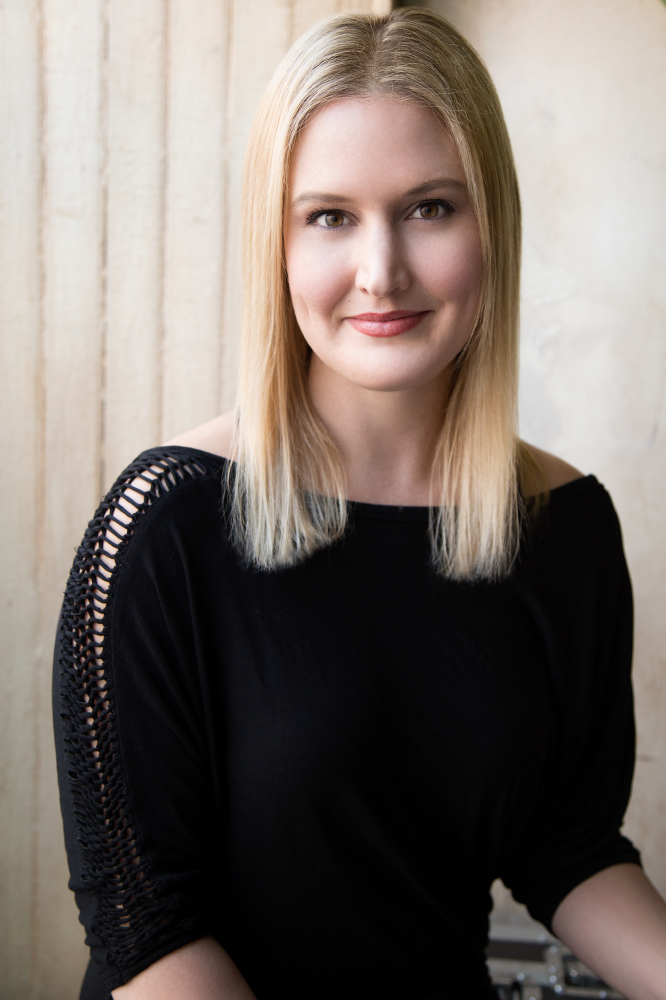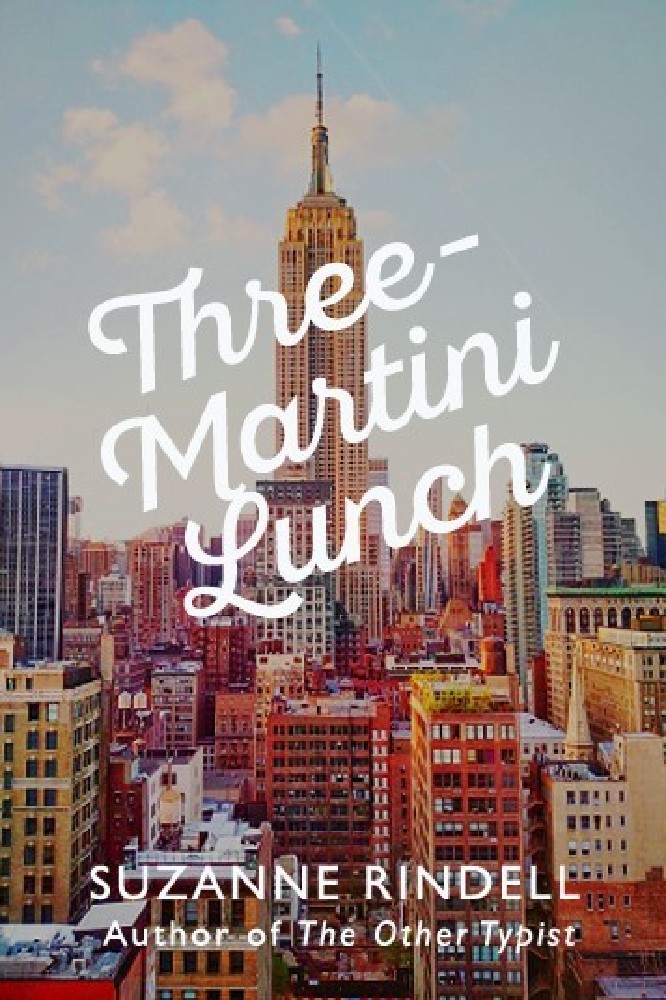According to Lee & Low's recent survey of the industry, a whopping 79% of New York's publishing workforce identifies as white/Caucasian. That clearly presents a problem, most especially because publishing is meant to be a culture-making industry, an industry that shapes the literature (and therefore - if it's not too optimistic to say - the culture) of the world around us.

Suzanne Rindell
Let's talk now about a different survey: A Publishers Weekly's 2015 salary survey indicates that here in the States the average salary for an editorial assistant is $25,500. That's less than £18,000. The center of American publishing is New York, and much like London, New York is a city where the cost of living is so stupidly expensive you can't read a newspaper or click online without coming across five fresh articles each day about how normal people can't afford to live here anymore.
I chatted about this diversity issue with my esteemed editor, Jake Morrissey. He noted that:
" Looking at publishing today, it's an industry that rewards endurance. You have to be willing to come in at a young age, stick around for not much money, and hang on for as long as your checkbook balance or enthusiasm allows."
Having worked in publishing myself before becoming a full-time writer, I agree with Jake. For a young university grad getting his or her first toehold in publishing, you have to be one of three things: Rich, crazy, or lucky. (Bonus points if you are all three.)
The "rich" - and by this I mean someone with a trust fund or even simply a young person with a helpful mum and dad - are able to work for little or no salary, since money isn't an object. The "crazy" work in publishing by day and do a second job (usually waiting tables) by night. They often burn out due to exhaustion. That leaves the "lucky." I myself was "lucky," in that when I moved to NYC, I found a freakishly cheap apartment and thus was able to live off my savings a little bit while I took an unpaid internship at a literary agency so I could get my foot in the door. There was a reason, of course, the apartment was so cheap: It was located above a funeral home (you actually had to enter THROUGH the funeral home, and yes, I sometimes glimpsed corpses laid out in caskets…!).
My point in explaining all this is to illustrate the fact that choosing to work in publishing is something of a luxury in today's economy. When executives and editors alike scratch their heads and wonder why the seemingly liberal publishing industry is failing to draw in a more diverse workforce, they need to consider other demographics as well - namely, the correlation here in the U.S. between race and socioeconomic status. Entry-level publishing jobs may simply not be an option for individuals under pressure to make a more immediately practical choice. This pressure perhaps doubles for the children of immigrants wherein "choosing" the low-paid career path that publishing offers would be perceived as both betraying the investment that has been made in their university educations and shirking their generational responsibility to shore up family stability.
Having worked in and around the publishing industry for six years now, I love and admire the people I've worked with, but more and more I feel it's time to face the music: It takes a certain culture of white privilege to move to New York, take an entry-level job in publishing, and assume it will all work out. In my opinion, the diversity problem - at least in part - begins before university grads even pack their bags and move to the Big Apple. We need to give some thought to who can't afford to pack that bag, and why.


